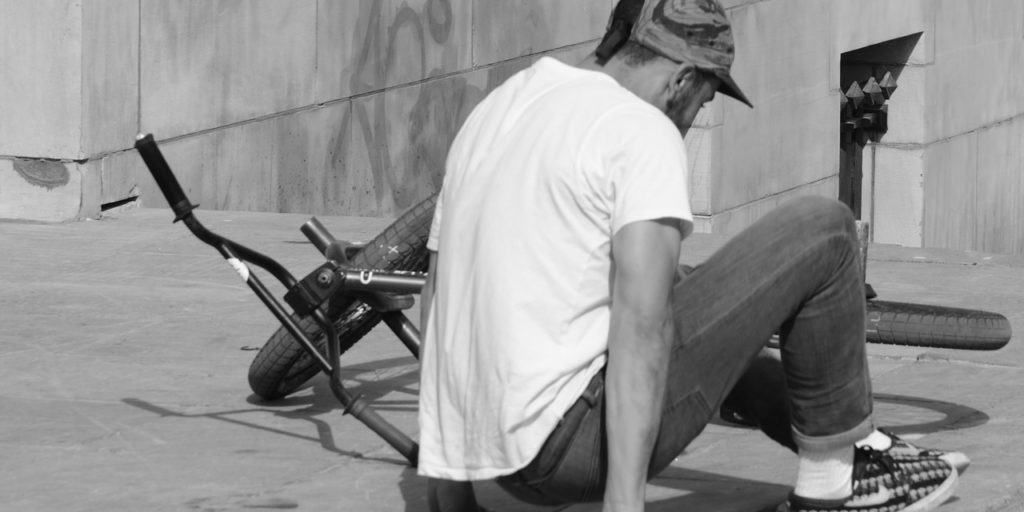- Lifetime licence bans are needed to fight drinking and driving - January 6, 2021
- Tinted windows in automobiles: are they permitted in Ontario? - August 7, 2020
- Recent cycling deaths point to a need to make roads safer - July 27, 2020
Cyclists injured on the road have a steep hill to climb when making a claim due to the systemic bias against those who ride bikes, says Toronto critical injury lawyer Patrick Brown.
“We live in a car culture,” says Brown, a partner with McLeish Orlando LLP. “If you are a cyclist who has been hurt in a crash, you are behind the eight ball.”
He says that in relation to road violence, while driver on driver statistics have decreased for decades, the same has not been true for cyclists and pedestrians. A 2012 report from Public Health Ontario showed that 7,642 pedestrians and cyclists were taken to the emergency room — a number that is on an upward trend.
Concerted effort
“There has been a very concerted effort put into protecting people in cars — through technology and legislation. But the same hasn’t been true for cyclists and pedestrians, unfortunately,” Brown says.
Referencing the Chief Coroner’s Pedestrian Death Review he conducted, Brown says the statistics were “alarmingly clear” that vulnerable road users are being injured and killed by cars and trucks.
“Even if a driver has been charged, they walk out with fines that range between $85 to $1,000 if they weren’t impaired or it wasn’t a hit-and-run,” he says. “There’s a real problem out there and it shows there’s a bias that filters into our society — our police, courts, laws, juries and even those who witness crashes.”
As a result of this bias, it’s crucial that bike crash victims gather as much information as possible, he says.
“Go to safety, call 911, and get the driver’s insurance information and licence plate. Depending on the extent of your injuries, you or someone else should collect information in order to preserve the evidence and get witnesses, which may be difficult to do after the fact,” Brown told a gathering of cyclists at a recent Bike Law event in Toronto. “Use a cellphone to take pictures of the car, bike and location.”
Limited investigation
Crashes involving bikes generally get a very limited police investigation based on time and resources, he says. “It’s very unlikely you will get a reconstruction, and even then you find that there are certain officers who will focus more on the conduct of the cyclist than the driver.”
Brown took the crowd through the process of claiming benefits and launching a lawsuit as well as the importance of selecting a good lawyer.
“Do your research,” he says. “It’s possible to get close to a reasonable and fair result and fight the stacked deck if you are honest throughout the process. Don’t take legal advice from Joe the neighbour, make sure that you have the right legal team and medical experts behind you in order to battle against the system.
“That said, it’s important to have the expectation that it’s better to have your health than a good lawsuit,” Brown says. “The system will never fully compensate you and is stacked against you.”

